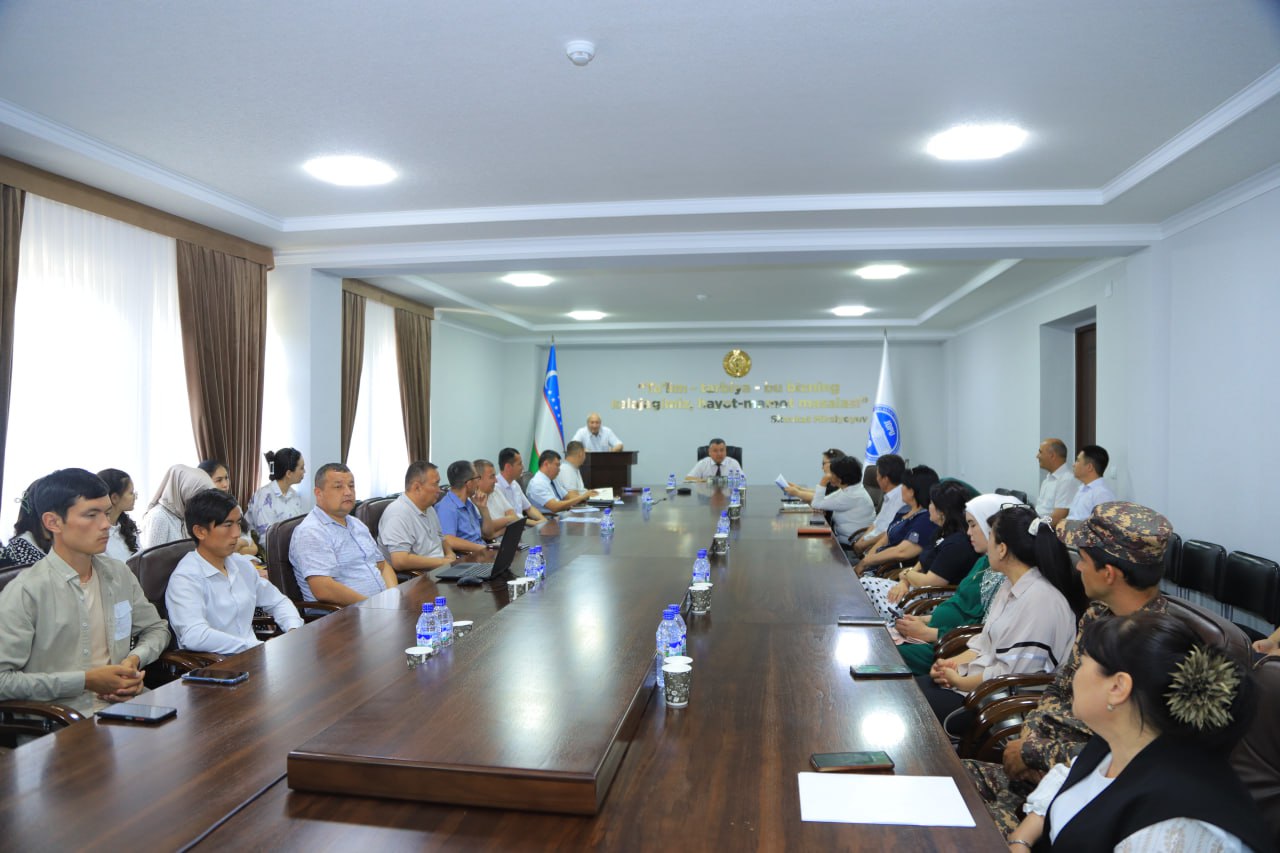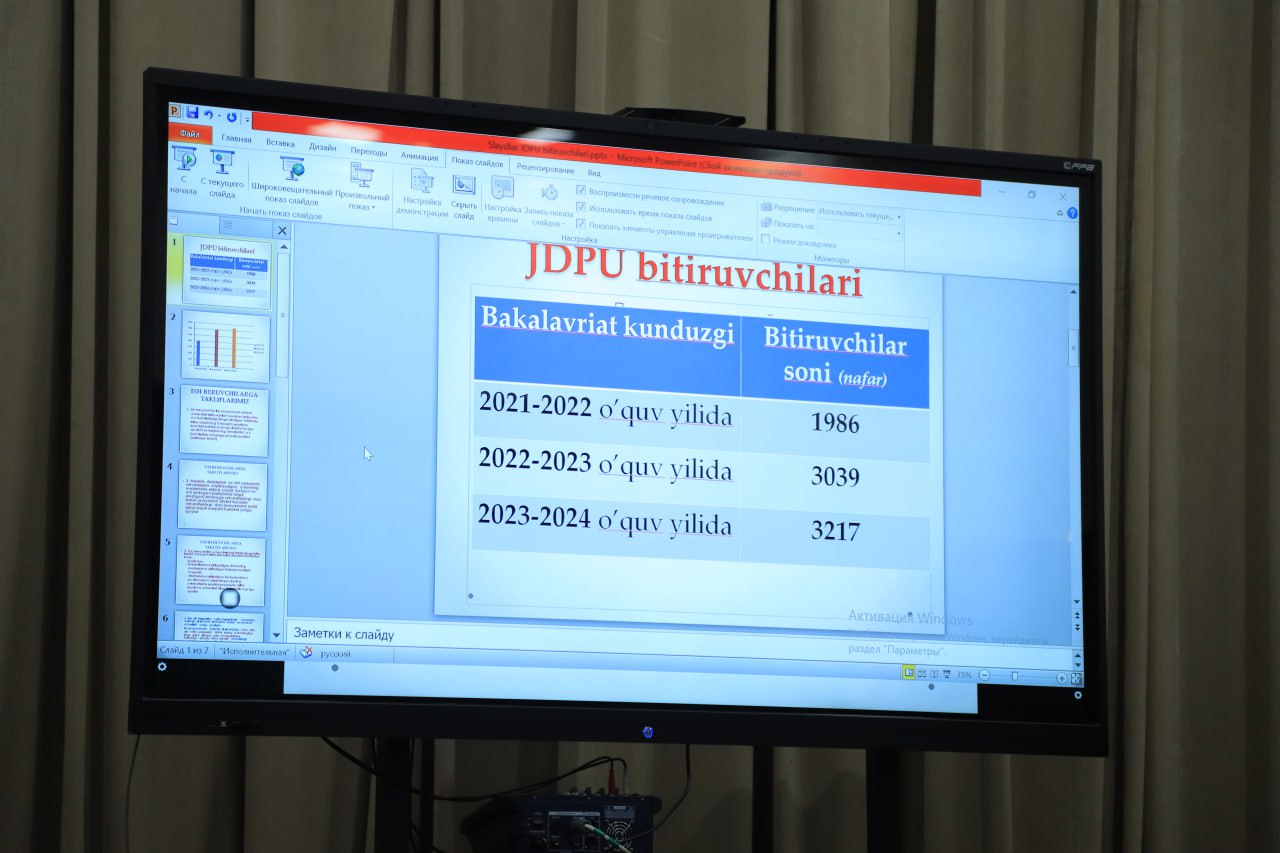Today, the use of food additives is increasing in aquaculture due to
their role in improving growth, nutrition, reproduction, immune system
and resistance against diseases and environmental stressors (Dabrowski
and Ciereszko, 2001; Güroy et al., 2012; Mohapatra et al., 2013a, 2013b;
Dawood et al., 2018; Pereira da Costa and Campos Miranda-Filho, 2020;
Khanjani and Sharifinia, 2021). The movement of aquaculture towards
intensive production has increased the risk of crowding stress (Yin et al.,
1995; Caipang et al., 2009; Lin et al., 2014; Lin et al., 2018a, 2018b).
Many studies have shown that crowding stress seriously reduces the
immune system of fish, which may increase the risk of various diseases
(Ortuno et al., 2001; Lin et al., 2018a, 2018b; Paray et al., 2020a, 2020b;
Adineh et al., 2021a, 2021b, 2021c). In addition, in intensive fish sys
tems, if water quality management is not done efficiently, the increased
concentrations of toxic substances such as ammonia may cause fish
mortality (Randall and Tsui, 2002; Hargreaves and Tucker, 2004; Datta,
2012). Like other vertebrates, corticosteroids, especially cortisol, play
an important role in modulating stress in fish (Pankhurst, 2011; Norris
and Hobbs, 2020). During the period of stress, high energetic costs are
imposed on the fish, which reduces the growth and immune system of
the fish (Tort, 2011; Sadoul and Vijayan, 2016; Schreck and Tort, 2016).
The immunosuppressive effects of cortisol have been demonstrated by in
vitro and in vivo studies (Espelid et al., 1996; Esteban et al., 2004; Cortés
et al., 2013). During the last decade, a wide range of natural and syn
thetic immune stimulants (IMS) have been used in aquaculture (Mehana
et al., 2015). Herbal supplements and probiotics have been shown to
improve effectively the immune system of fish (Banerjee and Ray, 2017;
Alagawany et al., 2020; Elumalai et al., 2020a, 2020b). The chemical
composition of medicinal herbs includes some compounds with
anti-stress and immunogenic properties such as flavonoids, phenolic
compounds, carotenoids and terpenes (Shakya, 2016; Tungmunnithum
et al., 2018). Probiotics, were defined as “live microbial feed supple
ments” which beneficially affect the host animal by improving its in
testinal microbial balance (Kirihara et al., 2018).
Lactobacillus, Bacillus, Lactococcus, Clostridium, Leuconostoc, Entero
coccus, Shewanella, Carnobacterium, and Aeromonas are among most
common probiotics used in aquaculture (Takanashi et al., 2014). Pro
biotics generally improve the fish immune system mainly through
modulating the intestinal microflora, competing with and removing
pathogens in the gut, and stimulating the innate immune system
(Gatesoupe, 1999; Gómez and Balcázar, 2008; Denev et al., 2009;
Nayak, 2010; Aguirre-Guzman et al., 2012). Although the mitigating
role of IMS against crowding stress has been studied in fish, (Montero
et al., 1999; Reyes-Cerpa et al., 2018a, 2018b; Yousefi et al., 2019a,
2019b; Adineh et al., 2021), studies to find and introduce more effective
IMS are always welcome.
RE is a plant-derived polyphenolic compound with antioxidant and
anti-inflammatory propertises (A Santos et al., 2013; Wilson et al.,
2015a, 2015b; Colica et al., 2018; Banez et al., 2020). Some studies have
also reported the immunogenic effects of resveratrol in fish (Kowalska
et al., 2017; Yan et al., 2017; Jia et al., 2019a,2019b,2019c, 2019d; Tan
et al., 2019a, 2019b; Giordo et al., 2020; Naderi Farsani et al., 2021).
Specific lactic acid bacterial strains, such as LAB, have been considered
as probiotics, because of their health benefits (Quinto et al., 2014). LAB
is categorized as a probiotic strain because of its beneficial effects in
human health and prevention of disease transmission (Hosseini et al.,
2016a, 2016b). In the present study, we are trying to investigate the
potentials of a plant derived compound, resveratrol (RE) and the pro
biotic, Lactobacillus acidophilus (LAB) and their combination to improve growth and immunity of the common carp, Cyprinus carpio under
intensive fish culture. The results of the present study may help us to
carp aquaculture enhancing
Ilmiy ommaviy maqolalar
- All
- Axborot resurs markazi yangiliklari
- darslar 2021-2022
- E’lonlar Sirtqi
- Gender tengligi
- Ilmiy ommaviy maqolalar
- Komplaens nazorat
- Musobaqalar
- Oliy ta'lim muassasasi yangiliklari
- Rasmiy tashriflar
- Universitet faoliyati
- Ustoz qadri buyuk muallim
- Ustozlar suhbatin qo‘msar bu ko‘ngil
- Yig'ilishlar
Ilmiy ommaviy maqolalar
|
13/05/2023
Chop etish
Aquaculture Reports
Boshqa rubrikalarda mashhur

Biologik xilma-xillik – barchamiz uchun xavotir o‘yg‘otuvchi mavzudir, va barchamiz yo‘qolish xavfi ostdagi turlar va ularning yashash muhitini himoya qilishda faol ishtirok etishimiz zarurdir.

Jizzax davlat pedagogika universitetida faoliyat yuritayotgan professor-o‘qituvchilar, ishchi xodimlar va talaba-qizlar o‘rtasida velomarafon musobaqasi velomarrofon o‘tkazili.

JDPU madaniyat saroyida universitetning 2023-2024 o‘quv yili bitiruvchilari bilan universitetning asosiy ish beruvchilari o‘rtasida uchrashuv tashkil etildi. Uchrashuvda universitet rektori Sh.Sharipov, Jizzax viloyati Maktabgacha va...
So'nggi yangiliklar
11/06/2024
05/06/2024
03/06/2024
03/06/2024


